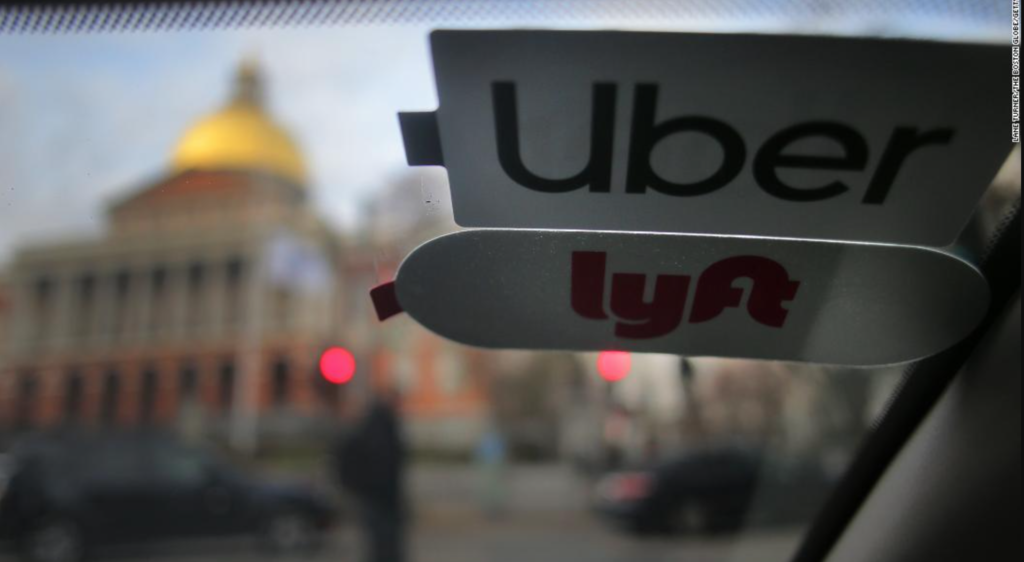By Pranshu Verma Globe Staff
Updated June 22, 2021, 12:01 a.m.
Tensions over how Massachusetts state law treats gig-economy workers could rise this week, as a new coalition has formed to combat efforts by some big technology companies to exempt their workers from benefits such as a minimum wage and health care coverage.
The group, called the Coalition to Protect Workers’ Rights, is launching its effort Tuesday morning with a rally outside the State House. The move comes as Attorney General Maura Healey sues Uber and Lyft for allegedly misclassifying its workers as independent contractors and denying them legally entitled benefits.
It also comes 3½ months after an opposing coalition was formed in Massachusetts to advocate that gig-economy workers should remain as independent contractors, in order to maintain the flexibility of their work hours and to reduce their chances of facing discrimination in hiring.
The fight centers on whether workers who use technology apps to seek jobs, such as Uber and Lyft drivers or DoorDash delivery people, are considered independent contractors or employees of the companies that make the platforms. (Workers are divided on the issue.)
The newly formed group of gig workers, civil rights advocates, and labor activists — which includes the NAACP, New England Area Conference, and ACLU of Massachusetts — said in a press release that these workers are employees and are owed the protections guaranteed by state law.
They added that the attempt by tech companies to classify them as independent contractors is an “assault” on workers — many of whom are immigrants or people of color who otherwise may have limited income or savings to spend on emergencies — and an effort to protect their the companies’ bottom lines.
“These billionaires and millionaires are lining their pockets at the expense and safety of Massachusetts drivers and residents,” said Steven Tolman, president of the AFL-CIO of Massachusetts. “They’re freeriding.”
Representatives from Uber, Lyft, and DoorDash did not respond to requests for comment.
The battle in Massachusetts follows a similar fight in California, where gig companies spent $220 million to pass a ballot initiative that which kept their workers in the state classified as independent contractors.
Members of the new coalition in Massachusetts coalition are organizing before an August deadline to propose ballot initiatives in next year’s election. Labor experts predict that gig companies will pursue a ballot campaign unless the Legislature passes already proposed legislation. The bill, H. 1234, would establish portable benefits accounts for workers and keep them as independent contractors.
Mimi Ramos, executive director of New England United 4 Justice, said that the coalition is organizing now in an effort to counter the financial resources that gig companies have to lobby lawmakers and voters. “It’s about sharing the stories of workers,” she said.
But Matthew Rose, a Lyft driver, said that he wished to remain as an independent contractor, fearing that if he becomes came an employee, Lyft would control his schedule, which would reduce his earning potential.
“I want to be doing bar runs with Lyft at night,” said Rose, who is part of the opposing coalition that argues gig workers are independent contractors. “But if Lyft tells me I have to work the 9 a.m. to 11 a.m. [shift], I’m not going to make any money.”
Beth Griffith, an Uber and Lyft driver for more than five years, said there is nothing in the law that would prevent companies from allowing workers to take different shifts. She also said the fight to be classified as an employee is long overdue.
“Drivers have been exploited for years,” said Griffith, who also chairs the Boston Independent Drivers Guild. “We’re sick of fighting for benefits. We want a social contract. We want job security.”

